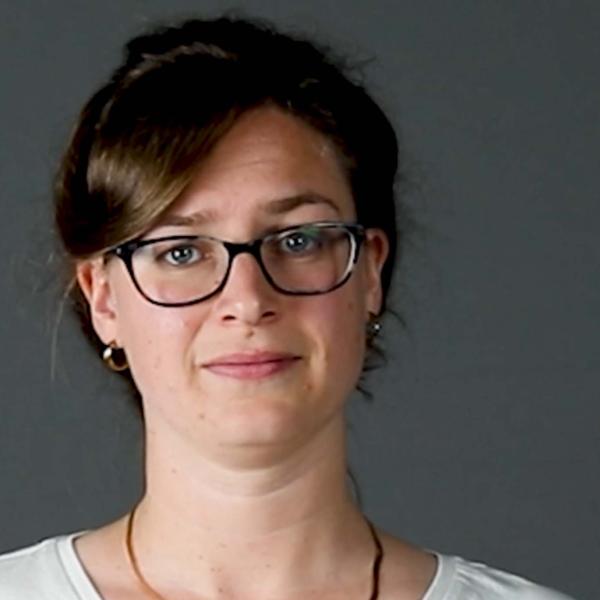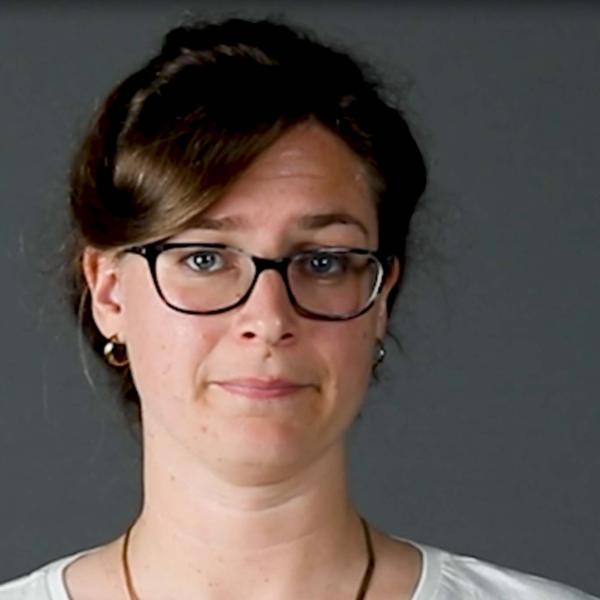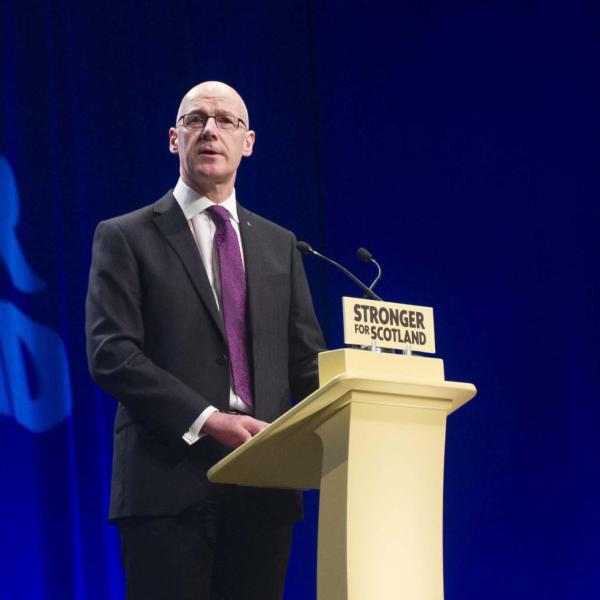What first attracted you to IFS?
I saw working at the IFS as an opportunity to work at one of the most prestigious research institutes in the world, with some of the world’s top economists. I thought at the IFS I would be able to develop my career as an economist, but also have the opportunity to work on interesting projects that have clear implications for important public policy questions.
Which projects are you working on at the moment?
The majority of my research is focussed on higher education. One project involves using an extremely rich dataset which includes the earnings of all English graduates who borrowed from the Student Loan Company to study at university in the UK for up to ten years from graduation. This has allowed us to investigate graduate earnings by subject and institution, the impact of the recession on graduate earnings and differences in earnings between those coming from poor and rich backgrounds. Two other projects I am currently working on involve investigating the impact of a new theoretical policy where university fees are tied to the earnings of their graduates and investigating the impact of health shocks on labour supply.
What kinds of things do you do during a typical day at work?
A “typical” day depends a lot on the state of play of projects and what is going on in the public policy sphere. When I am focussed on my longer-run research projects, I spend the majority of my time working with statistical or mathematical packages such as Stata or Matlab designing models or working with data. The remainder of my time will be spent in meetings with co-authors or wider research groups discussing ideas and issues, as well as reading around the subject of research and writing up findings. Things are a bit different when we are releasing work I have been involved in, or responding to public policy announcements, such as the recent removal of maintenance grants for university students. This will often involve writing relatively short policy pieces or summaries of the work, as well as telephone interviews with newspaper journalists and sometimes live radio or television interviews.
What do you particularly enjoy about the job?
My favourite aspect of the job is being academically challenged and constantly learning by working with great people on interesting questions. However I also value the media experience very highly.
How has your career progressed so far at IFS?
I was a rather non-typical IFS recruit in that I studied Mathematics at Imperial College and a Masters and PhD in Economics at the University of Bristol before starting at IFS two years ago. Since joining IFS I have become a leader of higher education research here, and frequently advise government departments on higher education policy. I am currently focussing on getting my research published in academic journals, and have recently been awarded a postdoctoral grant from the British Academy that will fund my research on higher education for a further three years.
What have you learned from working here?
I have learned a huge amount about higher education policy and the way that government operates. I have gained invaluable media experience and writing skills which have developed through the standards the IFS demands in terms of quality of output and clarity of communication so that non-experts can understand and interpret your findings. My coding has also improved dramatically!
How would you describe the working environment?
There is a nice, relaxed working environment in which employees are trusted to get on with their work without being closely monitored, which is something I consider hugely important for general life quality. The people here are kind, friendly and generous with their time, meaning it is very easy to approach people with research ideas or any other issues. Occasionally things get stressful around project deadlines or with responding to public policy announcements, but that can also be very rewarding. I would say the balance of stress to relaxed working environment is generally excellent.
Education and profile
PhD Economics, University of Bristol
MSc Economics (Distinction), University of Bristol, 2010
BSc Mathematics, Imperial College London, 2008








